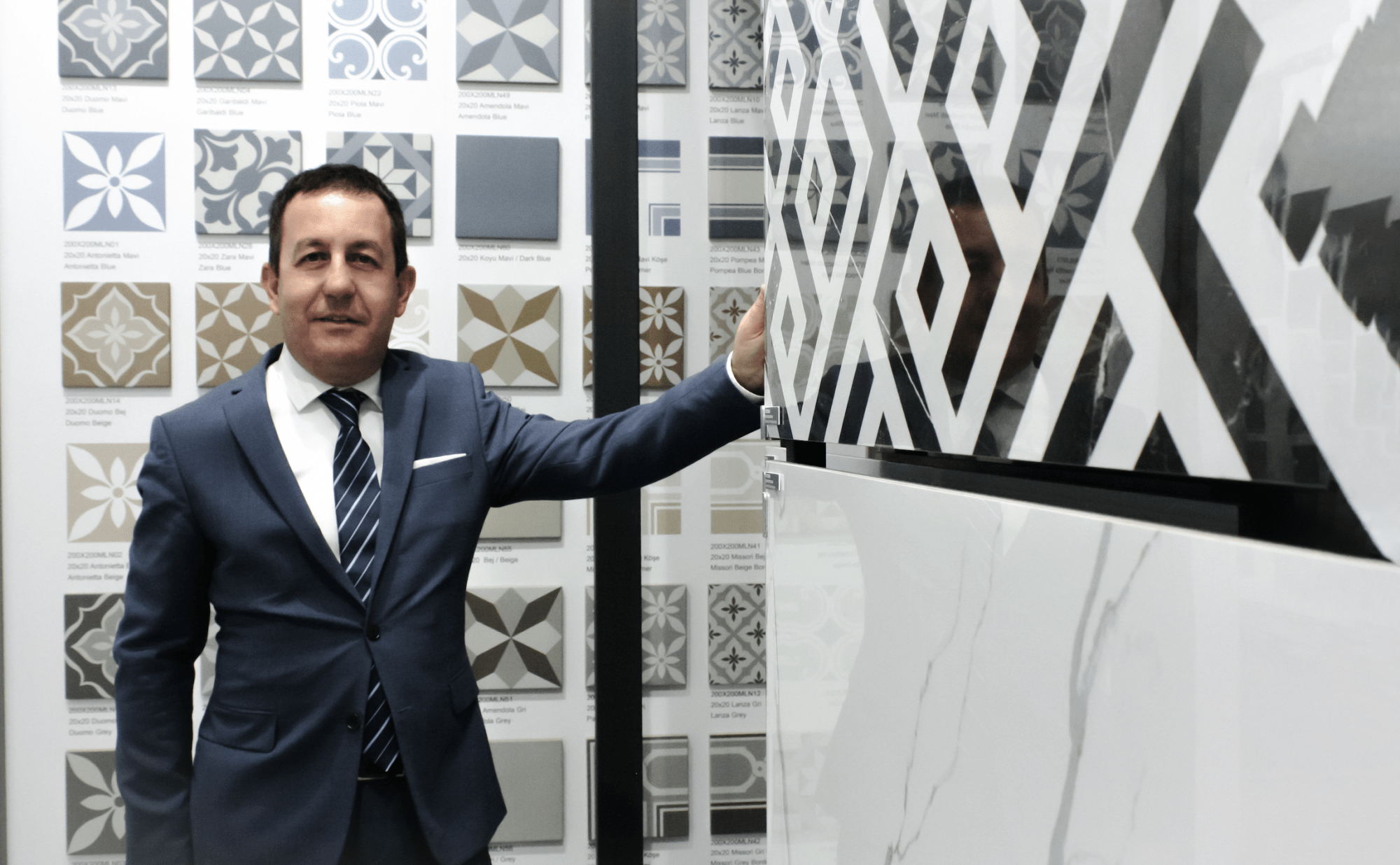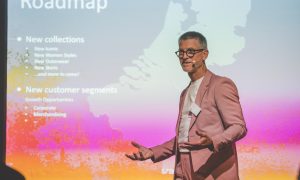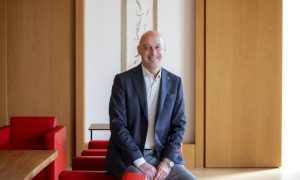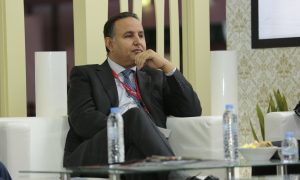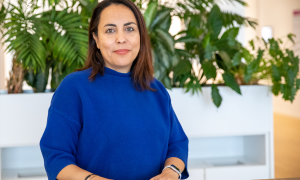Ege Seramik, established in Kemalpaşa in Turkey in 1972 has become one of the leading tile companies in the building materials sector thanks to steady growth, wise investments, and pioneering innovation.
Ege Seramik has been a listed company since 1992 and claims a number of firsts in the tile industry, such as introducing digital technology to Turkey’s ceramic sector with the “Digital Tile by Ege Seramik” in 2009. With 150 authorised distributors and over 2,000 sales points in Turkey, it exports its quality range of tiles to more than 50 countries and is expanding its sales network every day.
So how has it weathered the pandemic?
As COVID halted countless commercial construction projects across EMEA, the number of people renovating their homes on a domestic level has shot through the roof. More than two in five homeowners in Europe have upgraded – or intend to upgrade – in the wake of the pandemic, with almost half of these people doing so because of COVID.
Due to this home renovation trend, the materials sector has weathered the crisis and some companies including Turkey’s Ege Seramik have emerged even stronger. As General Manager Merter Savas explains, “we improved both our product offering and our sales, while maintaining full production capacity and retaining all 1,200 employees to make sure the company capitalised on increased online spending and demand. Our exports have also remained incredibly high.”
However, it hasn’t all been plain sailing for the ceramic tile giant. The pandemic has hit supply chains hard across Turkey, with metal, plastics, and wood all becoming scarcer. Supplies of clay, a vital material for Ege Seramik, have also been disrupted – prices across the board have been impacted. For example, timber in Turkey now costs 80% more than it did last November, while the cost of steel joists has skyrocketed because iron ore is also 80% more expensive. To make things worse, delays to global supplies caused by March’s Suez Canal crisis only stoked prices, affecting large- and small-scale projects globally.
It therefore hasn’t been easy for Merter but his optimistic outlook has proven invaluable for the company’s fortunes. “The pandemic has taught us we have to learn to live in a different world, forget what we know about known facts, and build new business strategies,” he says.
His 24 years of experience with the Ege Seramik group – 10 as GM of its Ege Vitrifiye sanitaryware factory – has helped him to navigate existing supplier relations while also forging new ones. “Because importing raw materials has been difficult, we looked for supply alternatives on the domestic market – and we’ve actually managed to cut costs by doing this, while keeping production going at normal capacity,” he explains.
Any supplier decision Merter makes is about “keeping the quality level at the same high standards” – he knows that any slip up can prove costly in such a competitive industry. Ege Seramik’s unerring focus on quality ensures that all suppliers strive to deliver the best products possible. “Our suppliers are members of our family, they share our strategies and we ask them to join our critical meetings so we can create common strategies, mutual benefits, and trust,” the GM says.
“We have a 24,300,000 m²/year production capacity in our factories, which cover more than 400,000 m²
Some suppliers have been part of Ege Seramik’s family for more than four decades so trust runs deep, which ultimately leads to a better outcome for everyone involved, especially the customer. In this digital age, Merter has strived to develop these special relationships even further by integrating suppliers into the company’s online system of stock methods, product reports, and the Oracle ERP programme. This approach has enabled key suppliers to grow and improve alongside Ege Seramik, again, resulting in mutual benefits.
Ege Seramik has contributed to the development of the sector by introducing digital printing technology to ceramics. Its innovative product portfolio enhanced by unique design capabilities and high-tech materials responds to the demands of all international markets – a factor that has been essential to the company’s growth during the pandemic. As Turkey began locking down earlier than many nations, Merter says “seeing this as an opportunity, we decided to increase our export sales, and thanks to some limits spatially in markets like the USA, due to Chinese import restrictions, we improved our sales in that major market.” During the same time, the domestic market closure also provided opportunities for the refurbishment of Ege Seramik’s retail vendors in Turkey, “turning a difficult time into an advantage.”
“The pandemic has taught us we have to learn to live in a different world”
But it’s not just technology that Ege Seramik has been investing in – the company knows the importance of its employees and wants them to feel valued. “We have been able to reduce the average age of our workers and provide an overlap period so the older generation can pass their knowledge on to the younger generation,” Merter explains.
The willingness to change is rare for such an established company but circles back on Merter’s observation of needing “to learn to live in a different world.” Ege Seramik is continuing to pave the future of the industry thanks to his leadership.
Read and download the full article here.

